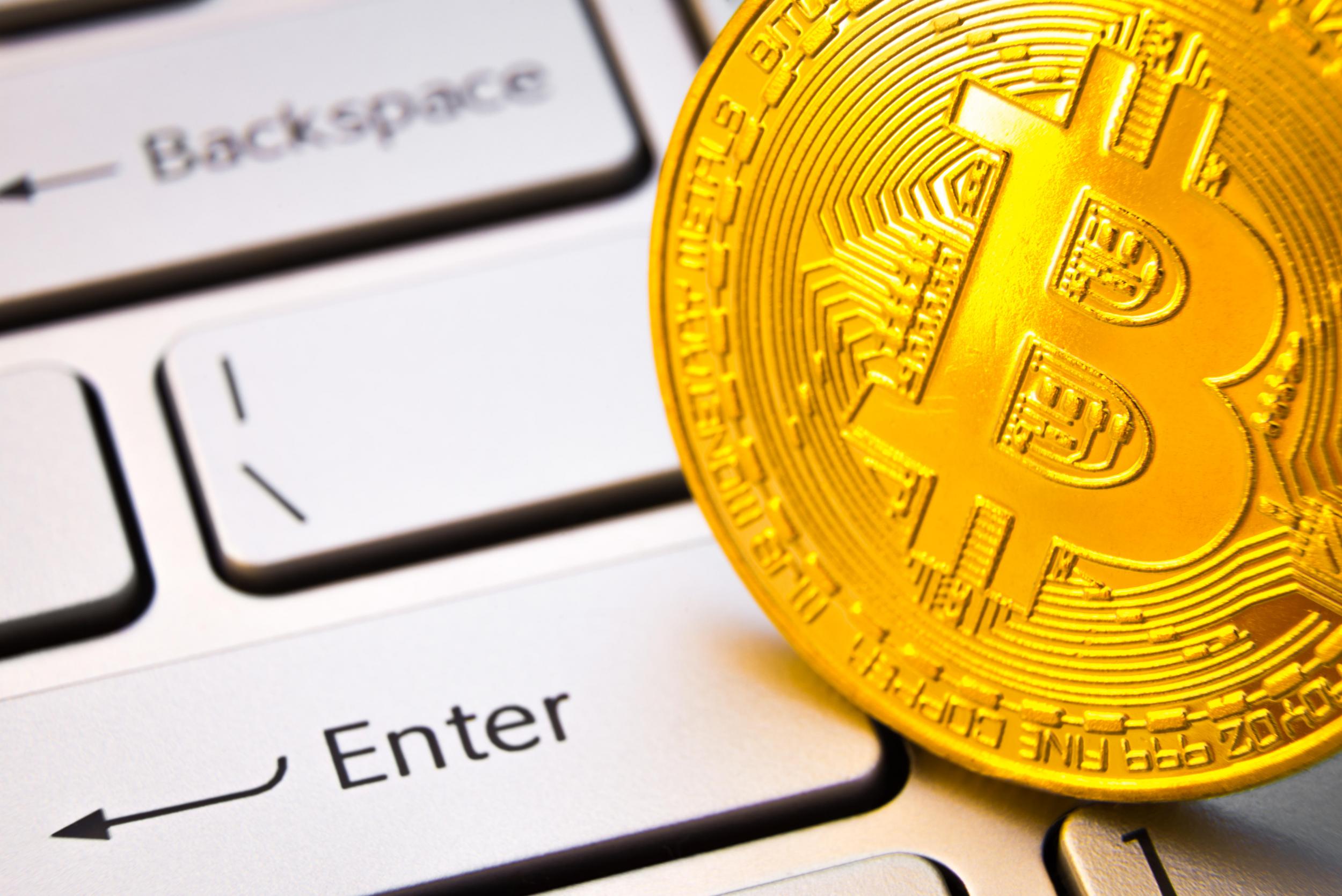Bitcoin wobbles as futures debut on the CME but the bubble hasn't yet popped
Politicians and regulators keep issuing warnings, but the punters aren't listening as brokers urge them to get a piece of the dizzying returns available

Your support helps us to tell the story
From reproductive rights to climate change to Big Tech, The Independent is on the ground when the story is developing. Whether it's investigating the financials of Elon Musk's pro-Trump PAC or producing our latest documentary, 'The A Word', which shines a light on the American women fighting for reproductive rights, we know how important it is to parse out the facts from the messaging.
At such a critical moment in US history, we need reporters on the ground. Your donation allows us to keep sending journalists to speak to both sides of the story.
The Independent is trusted by Americans across the entire political spectrum. And unlike many other quality news outlets, we choose not to lock Americans out of our reporting and analysis with paywalls. We believe quality journalism should be available to everyone, paid for by those who can afford it.
Your support makes all the difference.A few hearts fluttered as Bitcoin futures made their debut on the Chicago Mercantile Exchange.
The price briefly ticked downwards, just as it did when they went live on the Cboe, a smaller derivatives exchange.
But the wobble didn’t last for long. The price was soon striding sunwards again.
The Merc’s move confers some legitimacy on the instrument, facilitating the trading of it by large, mainstream financial institutions.
With traders able to bet against the ‘currency’ on recognised exchanges it might also help Bitcoin to find a more natural level and even decrease the volatility that scares an awful lot of people. At least that’s how the theory goes..
In practice, scepticism abounds. For short sellers on futures markets to provide a brake on the price there needs to be enough of them around, and a sufficiently liquid market in the derivatives, to have an impact. That isn’t there at the moment. It may never be.
Meanwhile the concerns mount, the ranks of the clever and powerful people urging caution swell. The latest is UBS chairman Axel Webber, who fears that its rise is unsustainable. He’d like regulators to wade in, fearing that small investors could get wiped out by wild swings in the price.
He’s surely right about that. Bitcoin gives every impression of being a bubble. It’s doubly scary because, well, where’s the floor?
When stockmarket bubbles pop, as the tech stock one of the late 1990s did, a bottom is typically found because, while there were some spectacular corporate collapses at the time, and even the tech companies that stayed in business were losing money, they still had products, intellectual property, websites. They had a value, and eventually the market worked out how to measure it, and moved on as they worked their way through their growing pains.
Andrew Bailey, the chief executive of the Financial Conduct Authority, Britain’s main financial watchdog, has compared Bitcoin to a commodity rather than a currency. Bitcoin, unlike the latter, is not overseen by a central bank. Nor does it really does it really serve as a unit of exchange. Why spend your Bitcoins in the limited number of places that’ll taken them when the value is going up, up, up?
However, while commodities can be highly volatile, they have a physical presence which serves as a floor when they hit a skid. You can sell oil, or gold, or pork bellies. Even frozen concentrated orange juice. The latter is, of course, a nod to Trading Places, the classic comedy featuring Eddie Murphy and Dan Ackroyd.
There is nothing funny about Bitcoin, which is being pushed higher by the madness of crowds and has no physical presence at all.
Just like the price of Dutch tulips in the 16th century, it will collapse at some point because these things always do. It’s just a question of when, and that no one can predict. If they could they’d be furiously shorting it. I would.
Meanwhile, regulators are scared witless because they are well aware that it is their heads that will be on the chopping block when the roof falls in. It is their doors that people who have lost their savings, their homes, and even more besides, will be queued up outside despite the repeated warnings they have issued.
The French Finance minister Bruno Le Maire has proposed that regulation be debated at the G20 next year. Quite how it will be accomplished no one is completely sure.
In the meantime Mr Bailey and Mr Webber and more besides keep on urging people to be careful, while internet based trading companies beseech them to dive in and get a part of the dizzying returns that are available from so doing.
It’s the latter who are being listened to.
Join our commenting forum
Join thought-provoking conversations, follow other Independent readers and see their replies
Comments